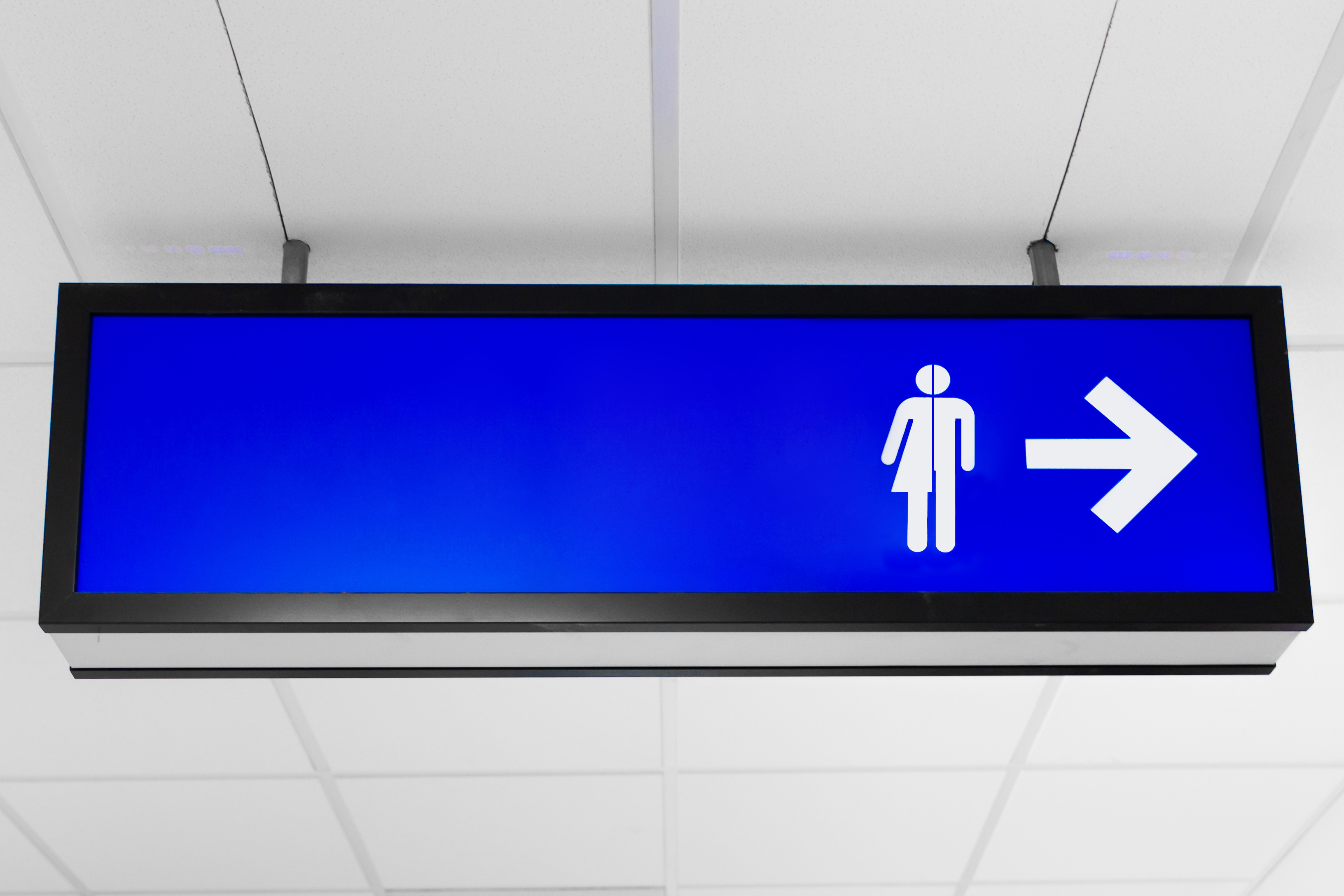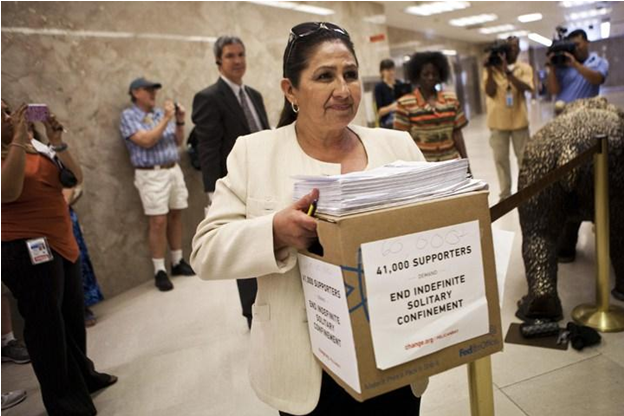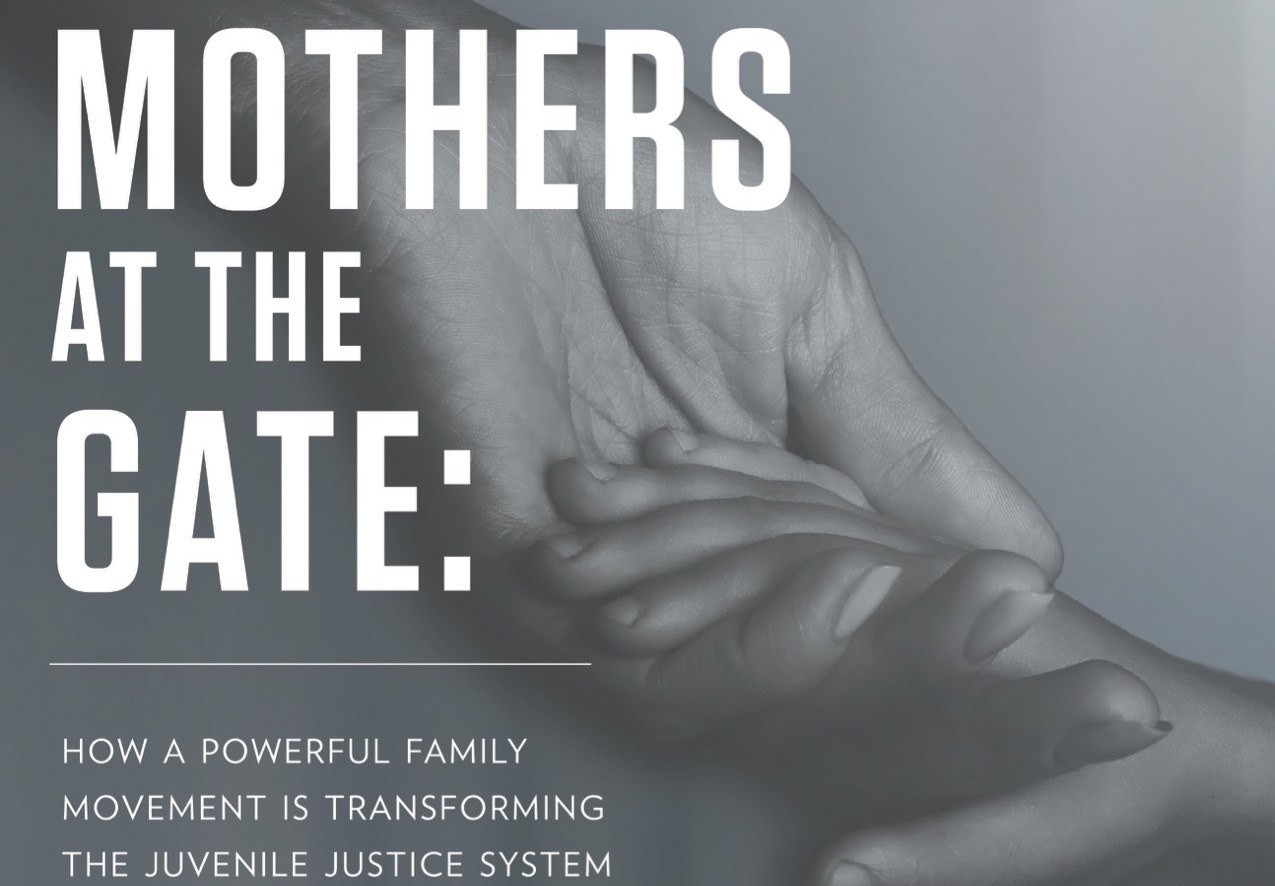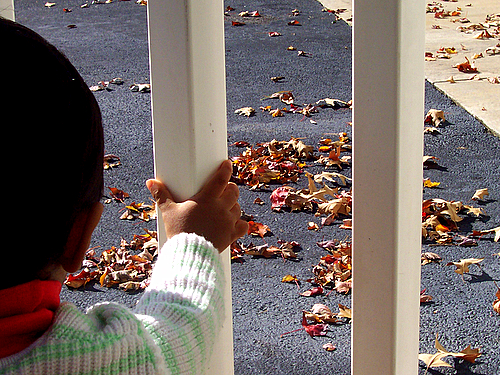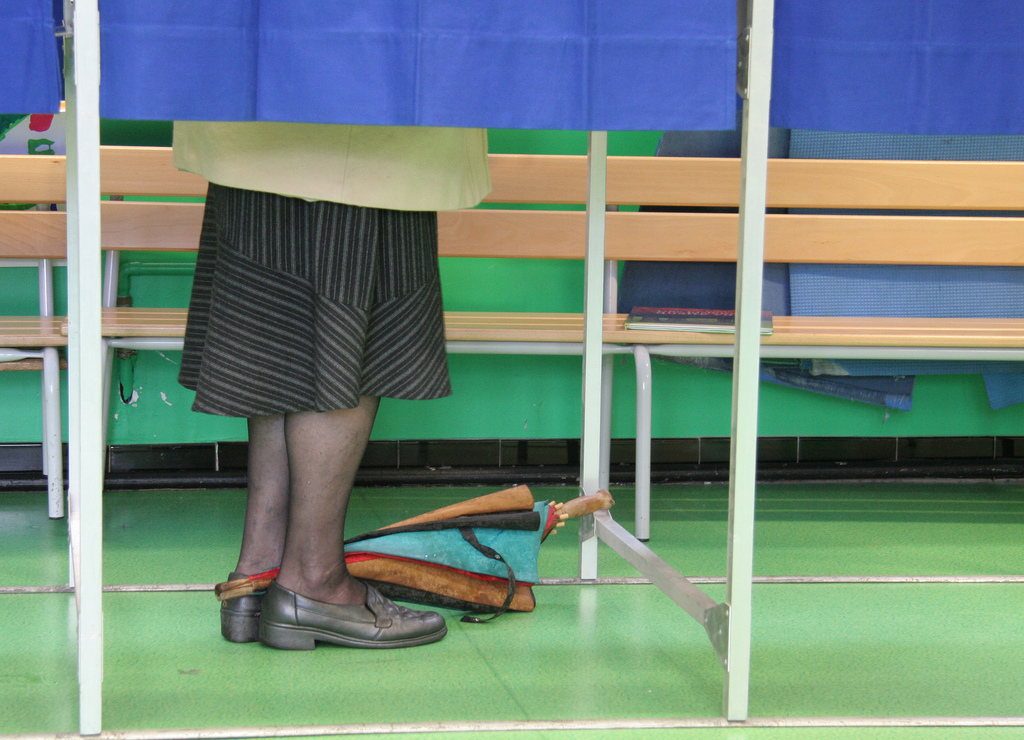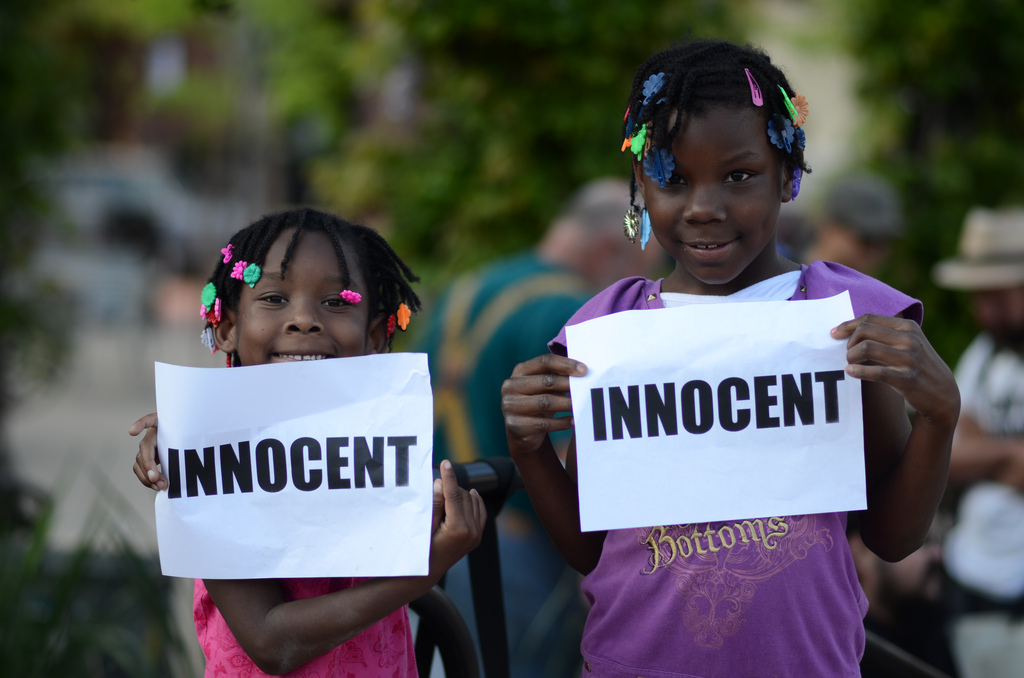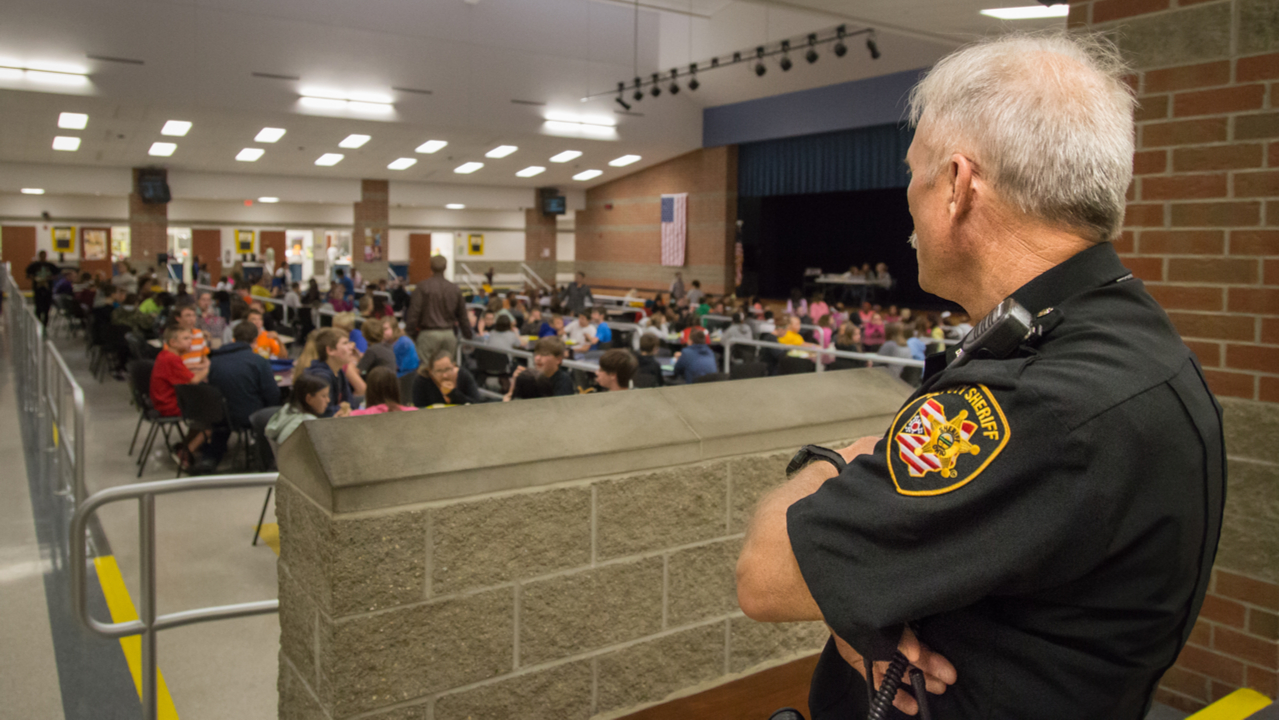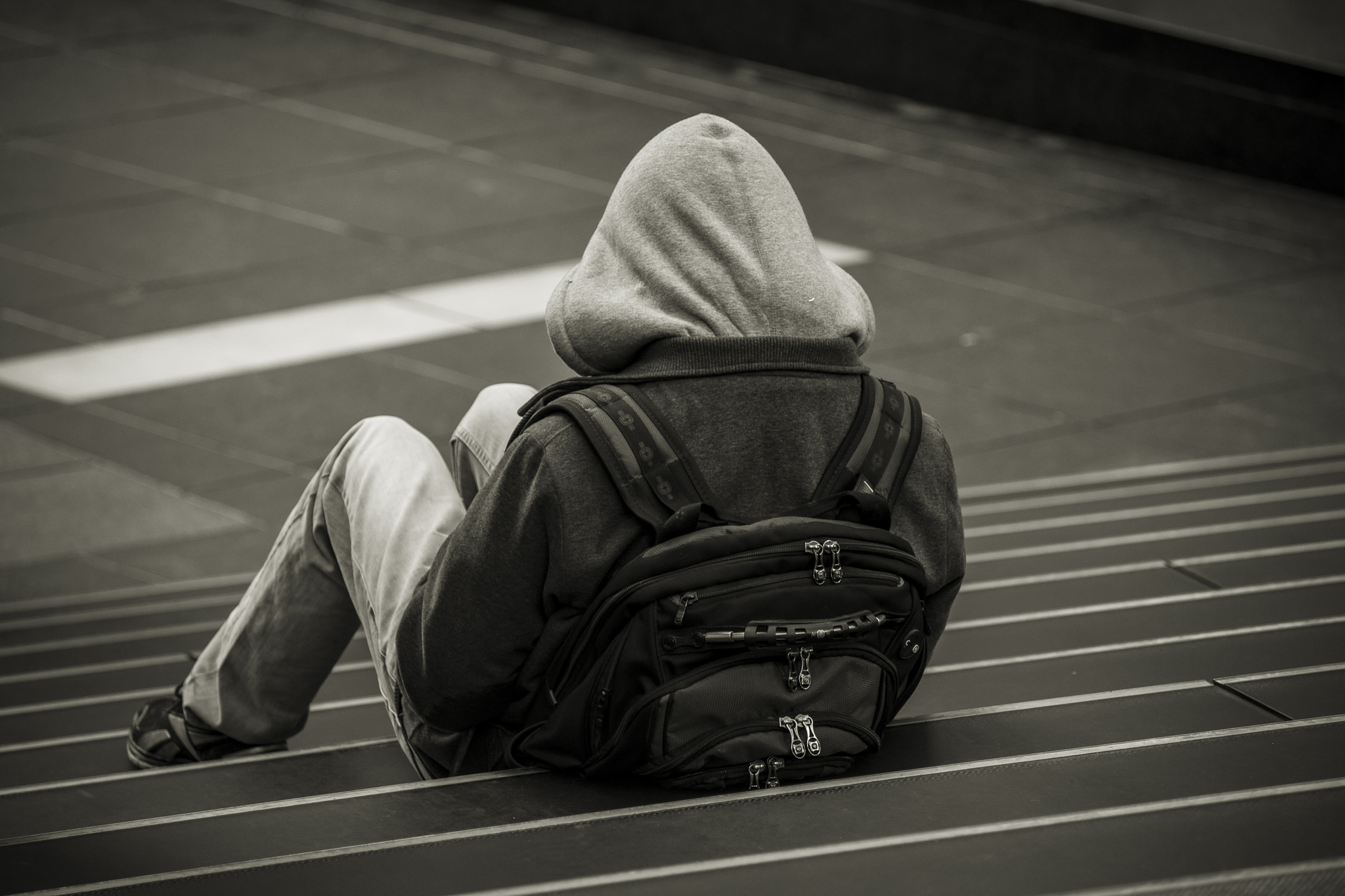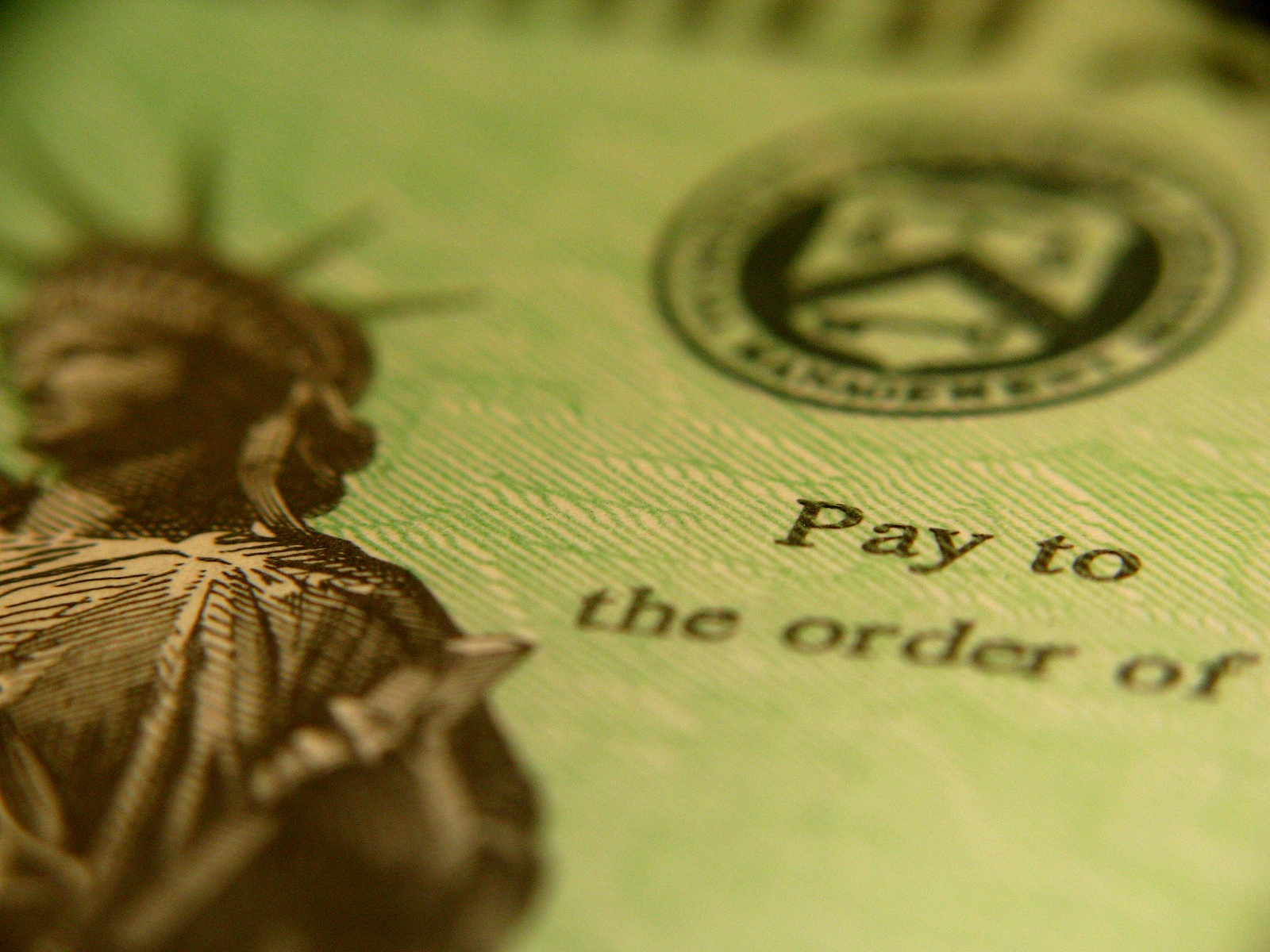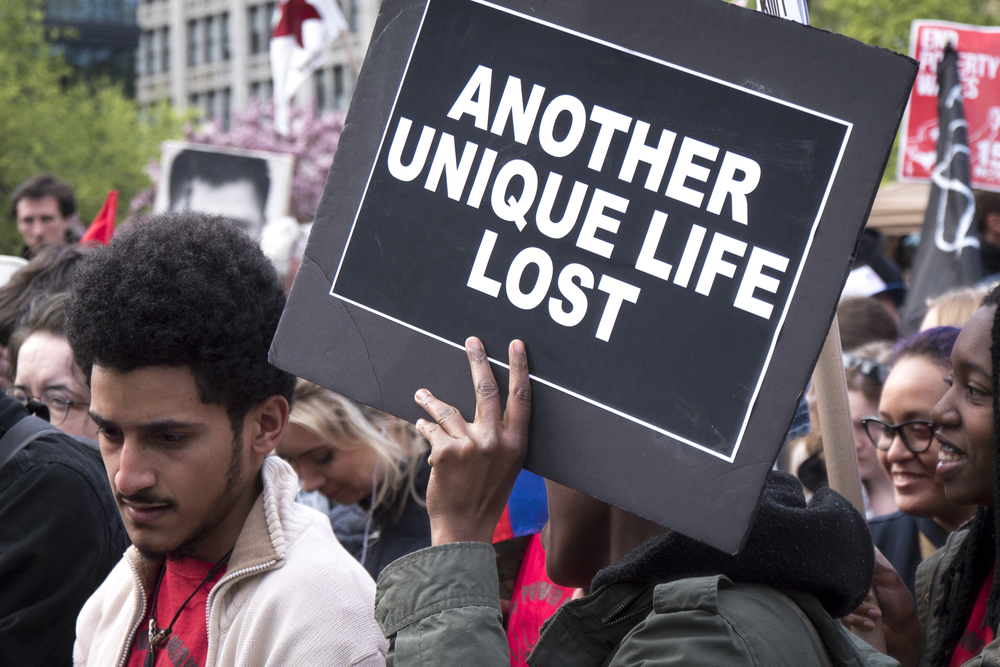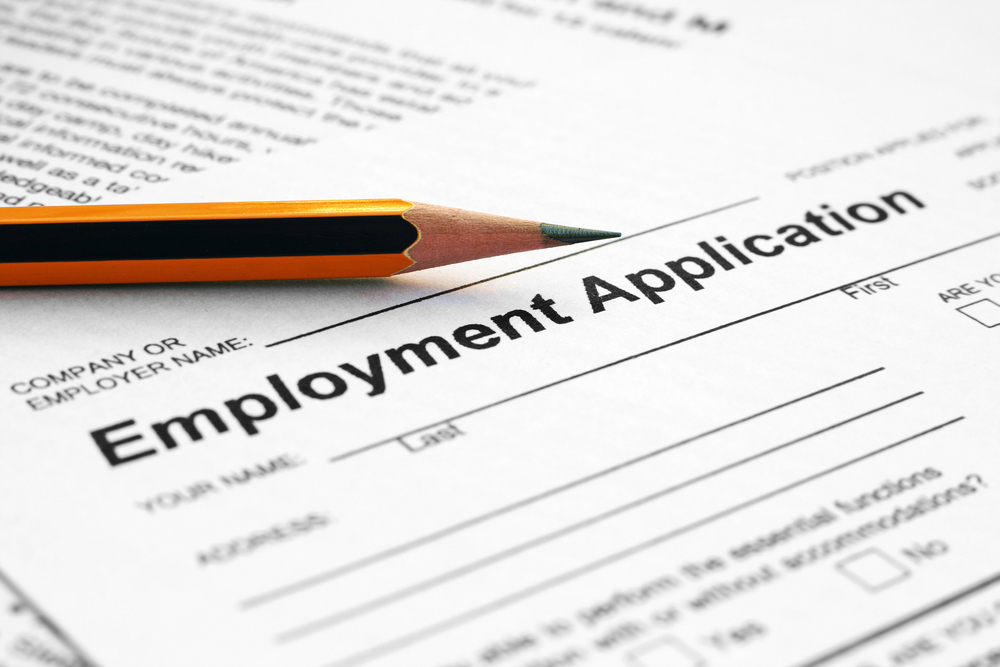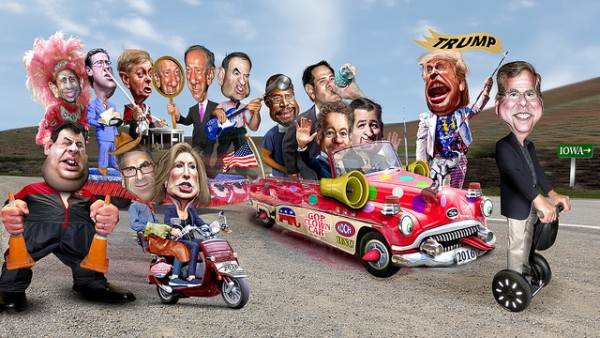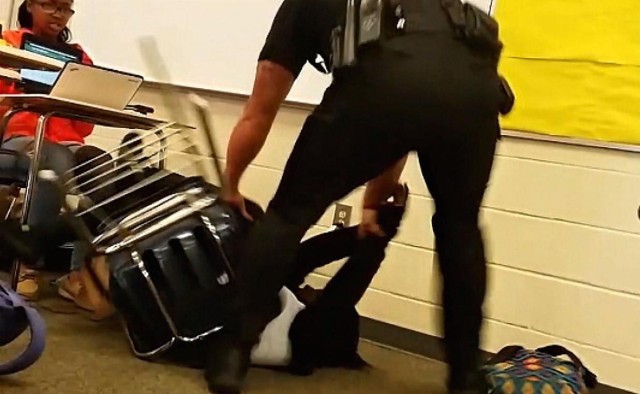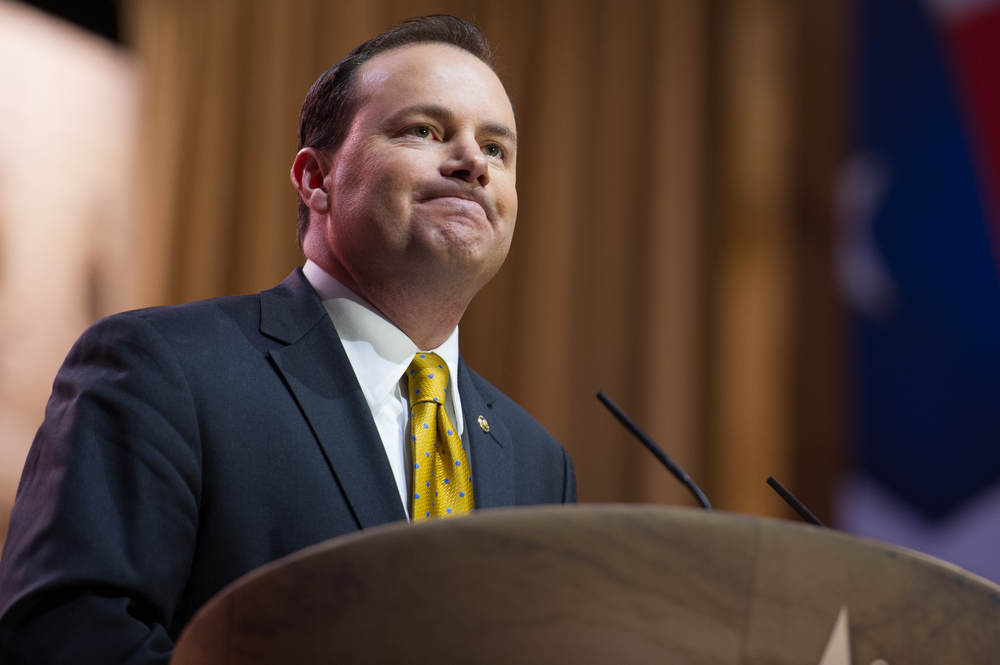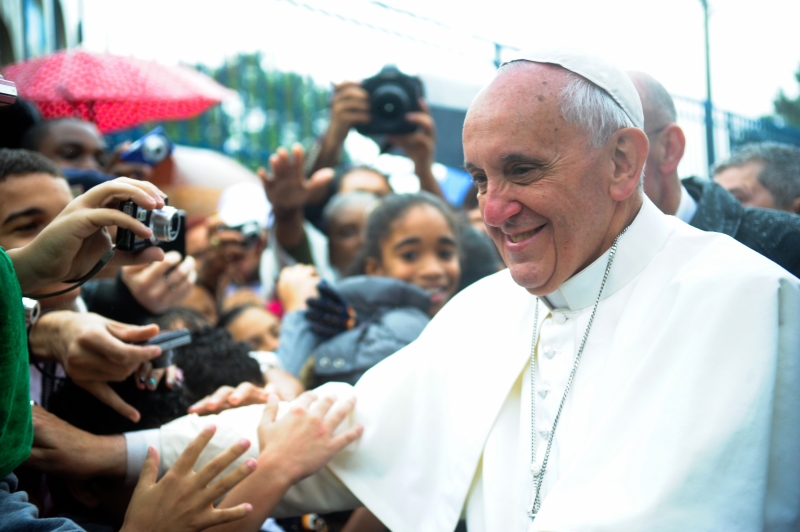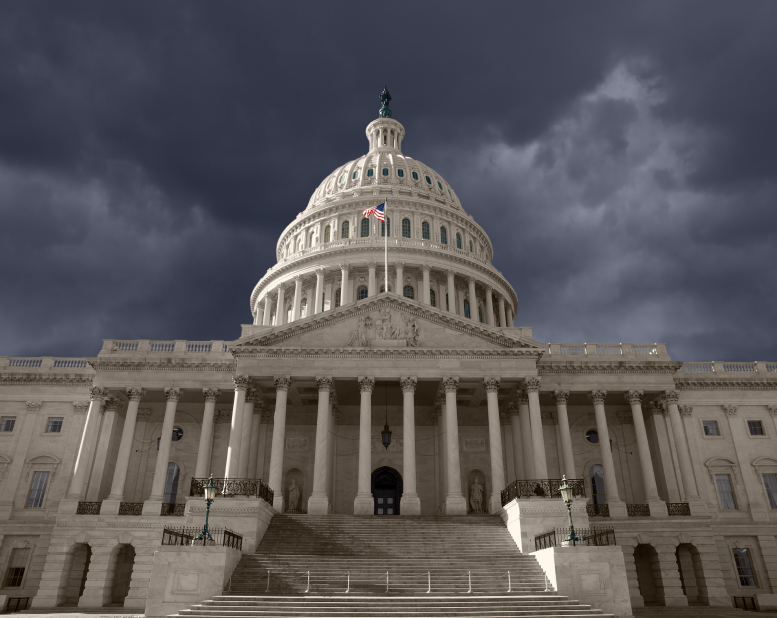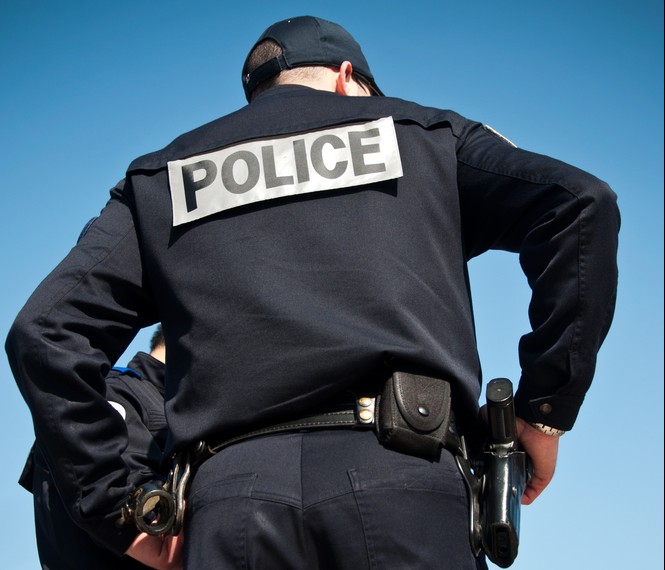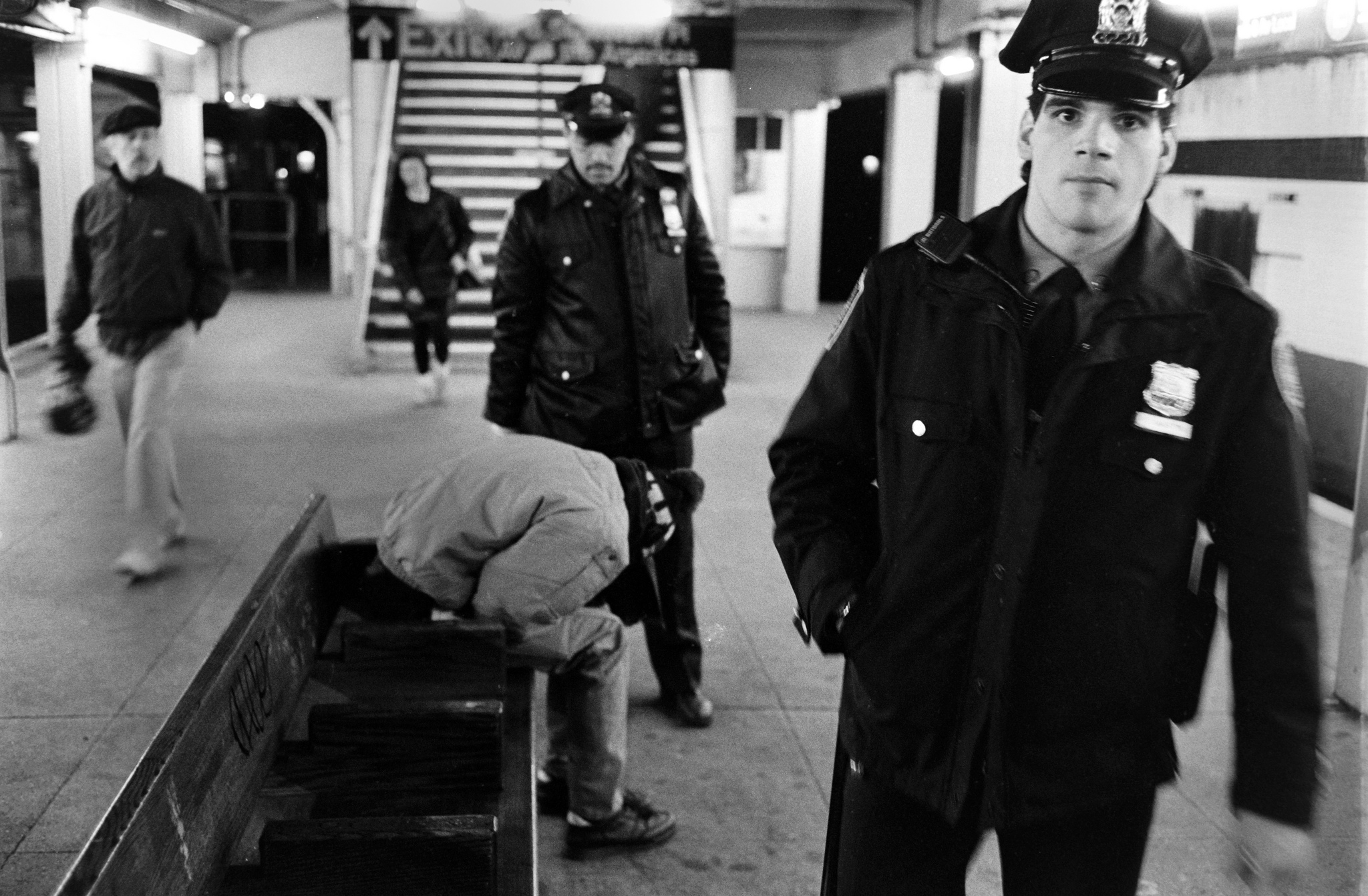Criminalization of Race and Poverty
Thanks to supporters like you, the Institute for Policy Studies has been strengthening social movements with independent research, visionary thinking, and links to scholars, activists, organizers, and officeholders since 1963.
Criminalization of poverty has increased significantly in the U.S. in recent years. A broken taillight, an unpaid parking ticket, truancy or minor misbehavior in school, expressing one’s gender, a minor drug offense, sitting on a sidewalk, or sleeping in a park can all result in jail time.
The criminalization of poor people happens at the intersectional oppressions of race, class, ability, and gender identity. The criminalization of children is especially inhumane and disproportionality affects low-income Latinx and Black youth, LGBTQI children, and children with disabilities. The school-to-prison pipeline is a significant factor in removing opportunities for self-fulfillment, education, and employment, often creating and perpetuating poverty.
The prevailing narrative that poverty is due to a personal failing is false. Poverty is a policy choice in the U.S. Adverse effects of poverty put children at life-long risk.
It doesn’t have to be this way. We need robust public investments in children and families.
By working closely with impacted people, we help them to tell their stories, conduct research and report on the various components of these injustices, and support movements on the ground and advocacy coalitions. The Criminalization of Poverty project aims to encourage and influence policy moving us from intersectional injustice into intersectional justice.
